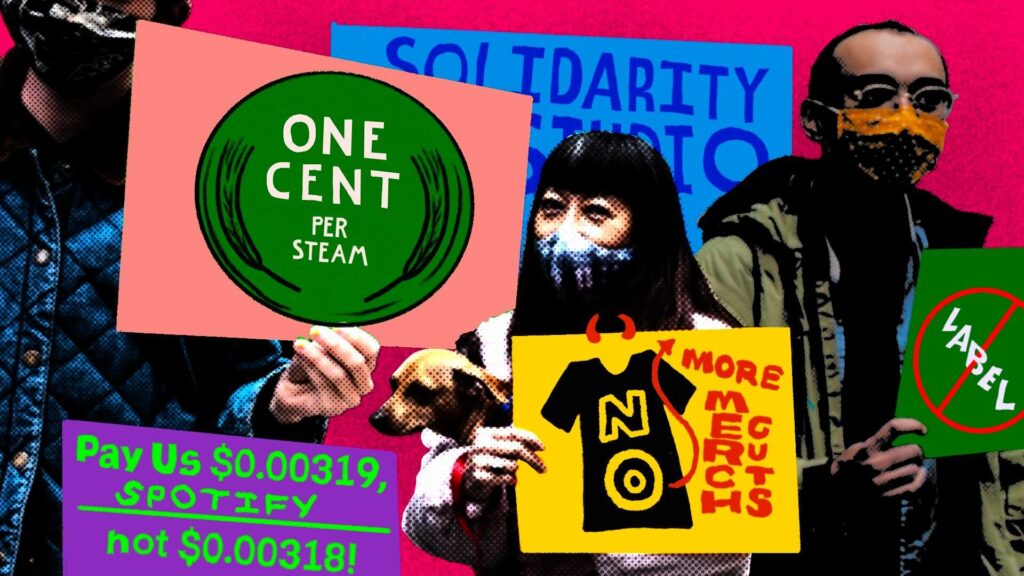Liz Shannon Miller (Senior Entertainment Editor): Esteemed colleagues, it’s time for another Consequence Chat — because as I’m sure you’re aware, it’s been a wild time here in Hollywoodland, as major film releases happen to coincide with the shutdown of all of entertainment production. The WGA and SAG are now on strike — in fact, recently our own Maura Fallon and I spent some time on the picket line talking to some of the actors and writers currently protesting major studios about why things have reached this point.
While the people on strike right now have plenty of concerns about the future of their professions, there’s one major factor that comes up a lot: the rise of streaming services like Netflix and Max, which pay out measly residuals to the talent working on their shows, creating massive economic uncertainty. Even though I’m personally more focused on the worlds of film and television than music, I pay enough attention to what we publish here to know that that sounds awfully familiar for so many working musicians and bands today. And I’ve seen the charts breaking down just what fractions of a penny artists get paid when their songs are streamed on Spotify and the like. So, let me ask you all: Why haven’t musicians unionized? And why haven’t they considered a strike?
Wren Graves (Features Editor): Well, some of them have unionized, in organizations like the American Federation of Musicians, ASCAP, the Musician’s Union in the UK, and more. There are actually quite a lot of music-related unions that a person could belong to. But they don’t have nearly the same power as the big film heavyweights, SAG-AFTRA and the Writer’s Guild of America. And to understand why, you kind of have to understand how unions work and why the music industry is so different from other fields of entertainment.
Liz: Time for me to learn some things!
Wren: Unions engage in collective bargaining on behalf of their members, and one of the big benefits is standardizing contracts so nobody is getting screwed. The thing is, people working on SAG-AFTRA-eligible movies and TV shows have a much narrower range of experiences than working musicians. In part, it has to do with scale.
Relatively speaking there aren’t that many movies in a year, just a few hundred. It’s the same with television, there are an average of maybe 500 or 550 shows made each year. Compare that to how many musical performances happen each day — it could be a few hundred a night in New York City alone! All of those artists sign individual contracts with each venue and have wildly different experiences, from making fortunes at Madison Square Garden to playing for drink tickets at dives. That makes it harder to get everyone on the same page.

